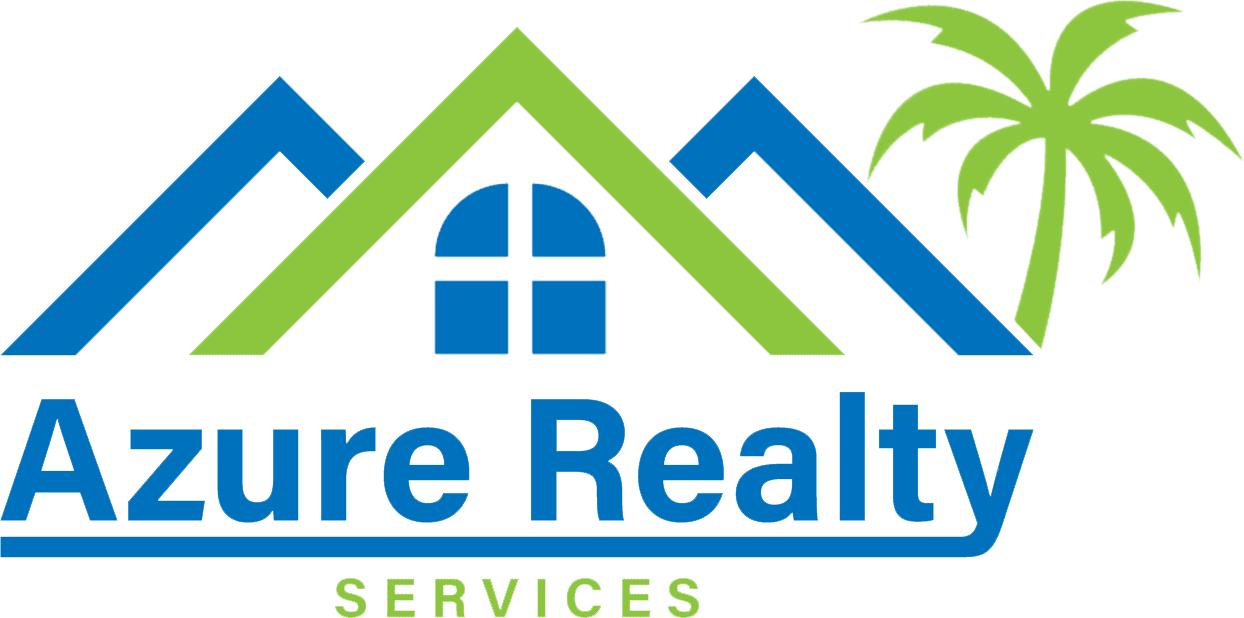Buying a home is an exciting, as well as daunting experience. It is also more than likely your biggest expense. Before you find the home of your dreams you need to answer a few important questions. This could make the difference between your dream home staying that way or it becoming your largest burden.
1. How Much Home Can I Afford?
Like most new home Buyers you have spoken with a mortgage lender and they have run the figures. You are able to purchase a home in a certain price range with a certain monthly payment. This is done by checking your income and debt to come up with a debt-to-income ratio. But in reality, is it your best course of action, can you really afford the monthly payments? Will it make a difference when unexpected events occur?
It is best for you to run a monthly budget of all your expenses and see if you can live with what you have at hand. If not, it may be best to go with a lesser expensive home and let your equity build before moving up.
2. Do I Need to Check my Credit?
Definitely, your credit report and credit score will determine the kinds of mortgage offers you’ll get when you shop around. It is best to check your credit history and report ahead of time so that you may correct any inaccuracies that may negatively impact your credit worthiness. Once you know your credit report is accurate, you can begin discussing your mortgage options with lenders.
This includes getting prequalified for a loan as well as preapprovals. Also, you must know that preapprovals are much better than a prequalification, in that they require more information on income, debts, and assets.
Again, be sure not to use the preapproval as the basis for the home purchase, but as a guide to stay within a budget.
3. Do I Need To Have Cash after I buy?
One of the biggest mistakes homebuyers make is using all cash assets for the down payment on their new home. Then not having any reserve funds for any surprise issues, or home projects that come up. It is important to be conservative when planning for emergency funds, otherwise you might need to dip into retirement accounts or take on credit card debt to meet expenses. This should definitely be avoided at all cost.
4. Are there Extra Fees in Purchasing?
Mortgage rates are still at their historical lows, but that doesn’t mean a low interest rate will lead you to the right mortgage. Consider working with a mortgage professional that has been recommended by friends or family and your Real Estate Agent. It is important that even though you receive a recommendation that you shop around as well.
When shopping for mortgages, your lender should provide you with the annual percentage yields (APY) as well as the annual percentage rate (APR). The APY can be used to compare interest rates between different lenders. The lender also should provide you with a good faith estimate (GFE), which outlines the fees and expenses you can expect at closing.
You must also remember that you will need to pay some up front expenses, including Real Estate Taxes and Insurance which may be held in escrow.
5. Is Everything in writing?
This of course can be an issue with the inspection report. The sellers agreed to fix an item or they agreed to credit you at closing for the cost of repairs. It can also include a simple item such as a swing set, or the pool cleaning equipment, or that wall unit that seems to belong with the home.
The fact is, if you have agreed to it verbally, it must also be agreed upon in writing. No matter how simple the issue, you don’t want it to become a cause for dispute at the closing table.
6. Is Buying a Home really for me?
It has been said that renting is “just throwing money out the window.” That of course may be true, but not necessarily for everyone. If your intention is to be in a home for only a couple years, renting may be the way to go for you.
The closing costs that you must pay in advance or the costs of your home improvements that may be necessary, may outweigh the benefits of owning a home.
If you are considering purchasing your first home or a new home, or even considering and investment property. It is best to consult with a professional. If you have any questions, or would like one of our Real Estate Associates to help guide the way. Don’t hesitate to contact me and we would be happy to answer any of your questions.
Rene Sabatini
Azure Realty Services, Inc.
www.AzureRealty.com
954.946.3838


